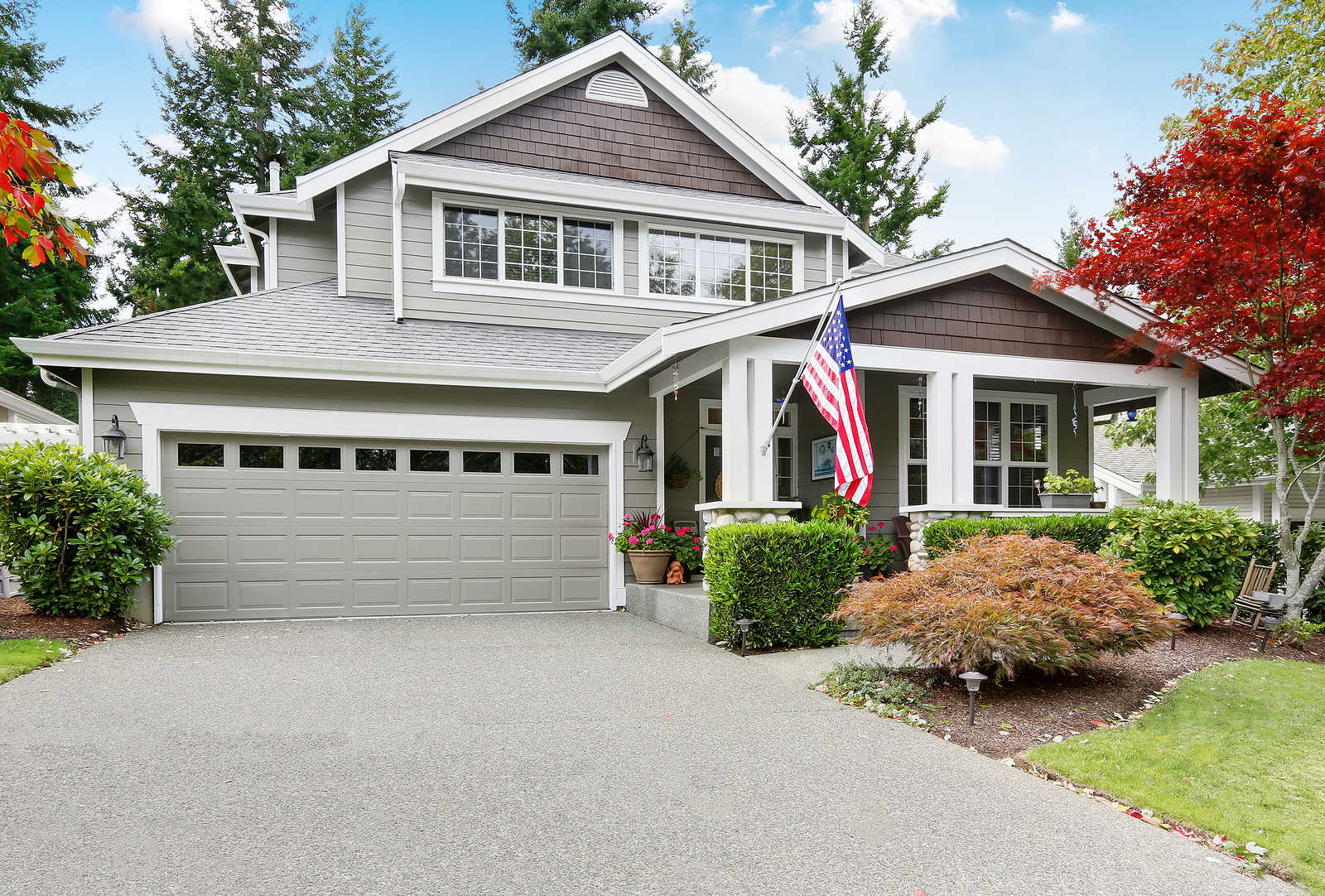Buying a fixer upper can be an exciting adventure and a great investment opportunity. However, it requires careful planning and consideration. Here’s the ultimate checklist to ensure you make a smart purchase and transform your fixer upper into your dream home.
1. Assess Your Budget
Before diving into the process, it’s crucial to know your financial limits. This includes the purchase price of the home and the renovation costs. Factor in a buffer for unexpected expenses that often arise during renovations. A pre-approved mortgage gives you a clear picture of how much you can borrow and shows sellers that you are a serious buyer.
Estimate All Costs
When assessing your budget, don’t forget to include costs such as closing fees, insurance, property taxes, and contingencies for unexpected repairs. Being thorough ensures you won’t face financial strain mid-project.

Financing Options
Explore different financing options, like renovation loans or home equity lines of credit. These can provide the necessary funds to cover both the purchase and renovation costs, spreading payments over time.
Return on Investment
Consider the potential return on investment (ROI). Research comparable properties in the area to estimate the future market value of the renovated home. This will help determine if the fixer upper is a wise financial decision. Additionally, it’s crucial to factor in the current market trends and potential future developments in the neighborhood.
Are there any upcoming infrastructure projects, like new schools, parks, or commercial centers? These can significantly boost property values and make your investment more profitable. Consulting with a local real estate agent can provide valuable insights into the area’s growth prospects and help you make an informed decision. Balancing your budget with these future potential gains can ensure you make a sound financial decision.
2. Conduct a Thorough Inspection
A comprehensive inspection is a must when buying a fixer upper. Hire a professional inspector to assess the structural integrity, plumbing, electrical systems, roof, foundation, and other critical components. Create a detailed list of repairs and renovations required, categorizing them into must-do repairs and optional upgrades.

Identify Major Issues
Focus on identifying major issues such as structural damage, roofing problems, and outdated electrical systems. These can be costly and essential to address before moving forward with aesthetic improvements.
DIY vs. Professional Help
Decide which projects you can tackle yourself and which ones require professional help. DIY projects can save money, but certain tasks, like electrical and plumbing work, are best left to licensed professionals.
3. Calculate Renovation Costs
Obtain estimates from multiple contractors for the necessary renovations. This will give you a realistic idea of the costs involved and help you compare different options. If you plan to handle some projects yourself, factor in the cost of materials and tools, being realistic about your skills and the time commitment required.
Budget for Overruns
Always budget for overruns. Unexpected issues can and do arise, and having a financial cushion ensures that these surprises don’t derail your renovation plans.
Prioritize Key Areas
Address any structural issues first, such as foundation problems, roof leaks, or plumbing issues. These are essential for the safety and stability of the home. Prioritize upgrades to essential systems like electrical wiring, plumbing, and HVAC to ensure these systems are up to code and functioning properly.
4. Plan for Permits and Regulations
Check local building codes and regulations to ensure your renovation plans comply. This can prevent costly fines and delays. Depending on the scope of your renovations, you may need various permits. Apply for these in advance to avoid any interruptions to your project.
Permit Requirements
Understand which renovations require permits. Common projects that need permits include structural changes, electrical upgrades, and major plumbing work. Complying with local regulations is crucial for safety and legality.
Navigating Local Codes
Different municipalities have different building codes. It’s essential to familiarize yourself with the specific requirements in your area. Consulting with a local contractor or inspector can help you navigate these regulations efficiently.
5. Prioritize Key Areas
Address any structural issues first, such as foundation problems, roof leaks, or plumbing issues. These are essential for the safety and stability of the home. Prioritize upgrades to essential systems like electrical wiring, plumbing, and HVAC to ensure these systems are up to code and functioning properly.
Cosmetic Improvements
After addressing structural and system issues, focus on cosmetic improvements like painting, flooring, and landscaping. These enhance the home’s appeal and can significantly boost its value.
Energy Efficiency
Consider incorporating energy-efficient upgrades. Installing insulation, energy-efficient windows, and appliances can reduce future utility costs and make the home more attractive to buyers if you decide to sell.
Landscape Design

Don’t overlook the exterior of the home. A well-designed landscape can add curb appeal and create a welcoming environment. Simple additions like new plants, a fresh lawn, and updated walkways can make a significant difference.
6. Create a Renovation Timeline
A detailed renovation timeline helps keep your project on track. Outline each phase of the renovation, setting realistic deadlines for each task. This will help manage expectations and ensure a smooth workflow.
Setting Realistic Deadlines
Consider the scope of each renovation task when setting deadlines. Some projects, like plumbing or electrical work, may take longer due to their complexity. Build in buffer time for unexpected delays.
Hiring the Right Professionals
Finding reliable contractors is crucial for staying on schedule. Do thorough research, read reviews, and get recommendations from friends or family. A good contractor can make a significant difference in the quality and timing of your renovations.
Regular Progress Check-Ins
Schedule regular check-ins with your contractors to monitor progress. This helps catch any issues early and ensures that the project stays on track. Being proactive can prevent small problems from becoming major setbacks.
7. Finalize the Purchase
Once you have a clear understanding of the budget, necessary repairs, and renovation costs, you can proceed with the purchase. Work closely with your real estate agent to negotiate the best deal and ensure all legal paperwork is in order.
Closing the Deal
During the closing process, review all documents carefully. Ensure that the terms are as agreed and there are no hidden clauses. It’s also wise to have a lawyer review the contract to protect your interests.
Post-Purchase Steps
After closing, start with the most critical repairs. Prioritize safety and structural integrity before moving on to cosmetic upgrades. A well-planned approach ensures a successful renovation journey.
Conclusion
Buying a fixer upper is a rewarding journey that can lead to significant financial and personal rewards. By following this ultimate checklist, you can navigate the complexities of purchasing and renovating a fixer upper, transforming it into your dream home.
Remember to stay organized, be prepared for surprises, and enjoy the process of creating a space that reflects your style and needs.




